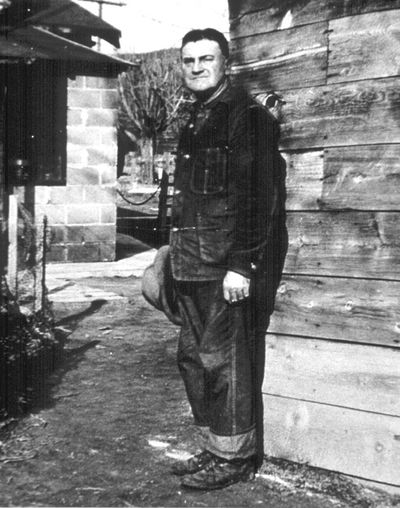Idaho artist’s estate suing creators of fictional biography

BOISE, Idaho – The estate of an Idaho artist is attempting to delay the release of a new children’s book about the artist and suing its creators for copyright infringement.
The book, “Silent Day, Silent Dreams,” by writer and illustrator Allen Say is a fictional biography about James Castle, a self-taught artist from Garden Valley whose works are featured in museums, galleries and private collections worldwide, the Idaho Statesman reported .
Many of the 150 illustrations in the book are too similar to Castle’s work, his estate, the James Castle Collection and Archive, argued in its copyright infringement lawsuit against Say and publisher Scholastic Inc.
Some are “virtually identical copies” of Castle’s pieces, according to the lawsuit that seeks $150,000 for each copyrighted work infringed and the destruction of all copies of the book.
Say declined to comment to the newspaper during a Friday phone call.
The estate also takes issue with the way Castle’s life is depicted in the book.
Castle was born deaf and never learned to write or speak well but had an affinity for art. A nephew studying art in Portland sent samples of his uncle’s work to professors, who agreed to showcase his work.
In the book, Say portrays Castle as an “unhappy developmental disabled child who was abused by his family” and confined to an attic, the archive argues in the lawsuit. It says the theories are not supported by evidence or verifiable.
The estate has asked U.S. District Court Judge B. Lynn Winmill to block the book’s Tuesday release in Idaho, which Scholastic has opposed.
“As an imagined biographical retrospective of a real-life artist written for children, the book is a work of `scholarship,’ one of the core examples of fair use,” the company stated in its response in court.
Scholastic Inc. officials criticized the archive for seeking a temporary injunction so close to the Idaho release date.